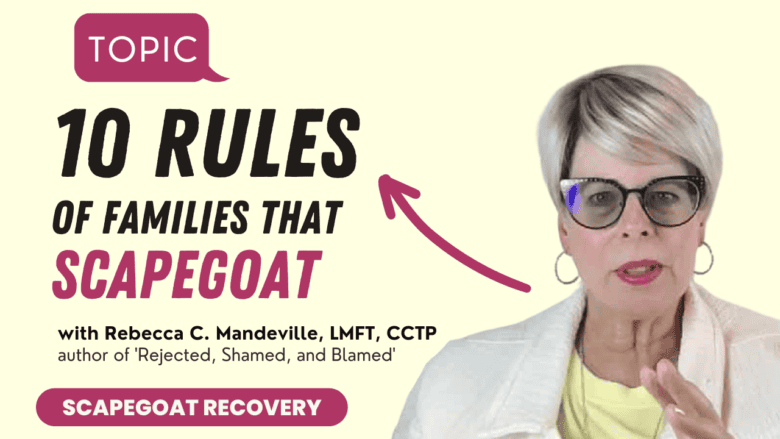FSA and Malignant Narcissism: Impact and Recovery Strategies
Surviving Family Scapegoating Abuse (FSA) can leave lasting scars on individuals, impacting their mental and emotional well-being for years to come. At the heart of certain (not all) FSA dynamics lies the phenomenon of malignant narcissism, a complex personality disorder not included in the DSM-5. Malignant narcissism is characterized by a toxic blend of narcissistic, antisocial, and (at time) sadistic traits. This article aims to provide a comprehensive understanding of malignant narcissism, its effects on victims of FSA, and strategies for healing and recovery.




